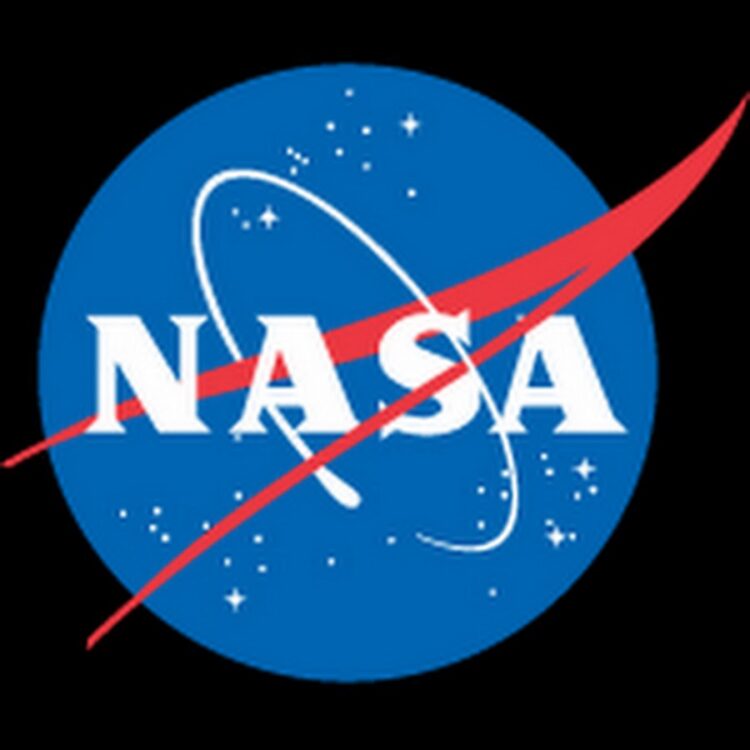By James Simons-
NASA has temporarily stopped work on the development of its new lunar landing system, after Jeff Bezos’s Blue Origin sued the US government over the decision to award the contract for the project to SpaceX.
The space agency agreed to pause the project until November pending the outcome of the claim, which was filed with the US Federal Claims Court earlier this week.
Blue Origin claim NASA unfairly awarded a single $2.9 billion contract for the lunar lander to SpaceX, and is asking for the process to be rerun to give Bezos’ space company the chance to develop its own system.
The lunar lander project forms a key part of Project Artemis – NASA’s plan to return humans to the moon within the next four years – meaning delays as a result of the lawsuit could set the agency back in its quest to launch a crewed lunar mission by 2024.
The lawsuit marks a major escalation in Blue Origin’s attempts to win the chance to participate in the development of the lunar lander, and comes less than a month after Jeff Bezos wrote directly to NASA offering to waive $2 billion in costs if the agency granted his space company a contract to develop a competing lander system.
In a protest presented to the Government Accountability Office earlier this year, Blue Origin argued that the original NASA contract bid indicated that multiple landers would be built, but in the end only one was selected, SpaceX’s Starship.
A Blue Origin Infographic Criticizing SpaceX’s Lunar Lander Proposal As Unacceptably Risky
A Blue Origin infographic criticizing SpaceX’s lunar lander proposal as unacceptably complex and risky. (Image credit: Blue Origin)
Bezos even offered to pay for $2 billion of its original $5.9 billion bid in an effort to win over NASA, but NASA said that due to budget constraints imposed by Congress, they only had the funding for one lander proposal.
The GAO rejected Blue Origin’s argument on July 30, giving NASA the go-ahead to begin working with SpaceX on the Human Launch System (HLS) that would land astronauts on the Moon for the first time since 1972.
Now, that work has been put on hold while NASA sorts out this latest lawsuit from Blue Origin. “In exchange for this temporary stay of work, all parties agreed to an expedited litigation schedule that concludes on Nov. 1,” NASA said. “NASA officials are continuing to work with the Department of Justice to review the details of the case and look forward to a timely resolution of this matter.”
As tempting as it might be for some to write off Blue Origin’s protest as the whining of one particularly bitter billionaire, Blue Origin’s proposal wasn’t made by Blue Origin alone.
Due to Blue Origin’s admittedly limited experience in actual space flight – Jeff Bezos’ jaunt past the Kármán line notwithstanding – the company has partnered with some heavy hitters in the aerospace industry: Northrop Grumman and Lockheed Martin.
As founding members of the military-industrial complex, Northrop Grumman and Lockheed Martin have long benefitted from a steady stream of government contracts with little to no real competition.
SpaceX has disrupted this by offering incredibly competitive bids and consistently delivering results. It’s notable that even with Bezos’ offer to cover $2 billion of his own company’s bid, Blue Origin’s bid was still $1 billion higher than SpaceX’s $2.9 billion.
While there’s no question Jeff Bezos would love to see his company’s crewed lunar lander be the first to touch down on the moon in over 50 years, the real drivers of this lawsuit are more likely Northrup Grumman and Lockheed Martin, who have seen their revenue from NASA contracts starting to slip.
While the military contractors aren’t likely to go under any time soon because of SpaceX, they may find themselves increasingly locked out of space flight contracts, which carry a certain prestige than bombs and fighter jets simply can’t match.
In an open letter, Bezos argued that NASA’s initial decision ‘bets our return to the Moon on a single solution of ‘immense complexity and heightened risk” that ‘will ultimately cost more, and won’t serve the national interest.’
In July, a complaint filed with the Government Accountability Office over the decision to award SpaceX the sole contract was also rejected, leading Blue Origin to this week take the matter to court.
In a statement issued after the lawsuit became public on Monday, August 16, Blue Origin said they hoped to ‘remedy flaws in the acquisition process found in NASA’s Human Landing System

